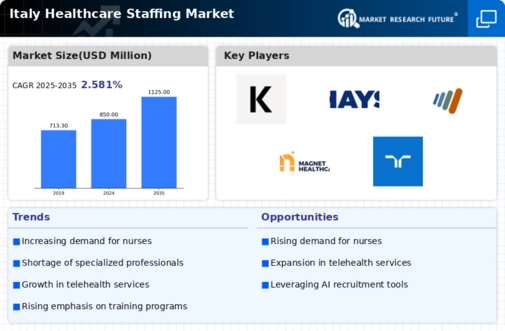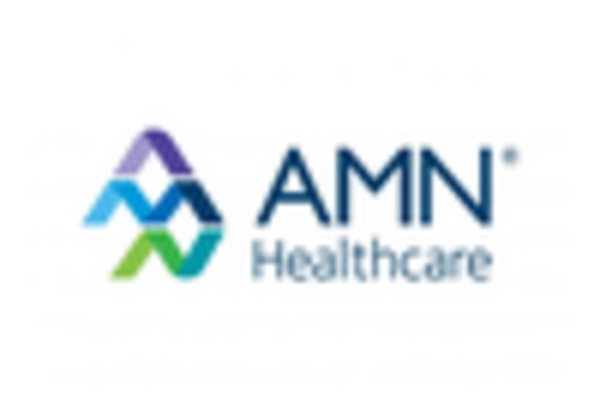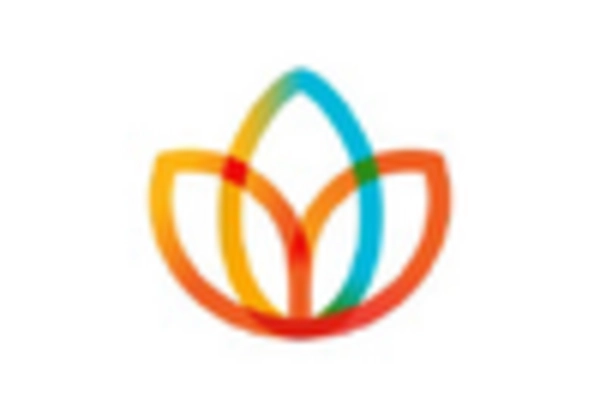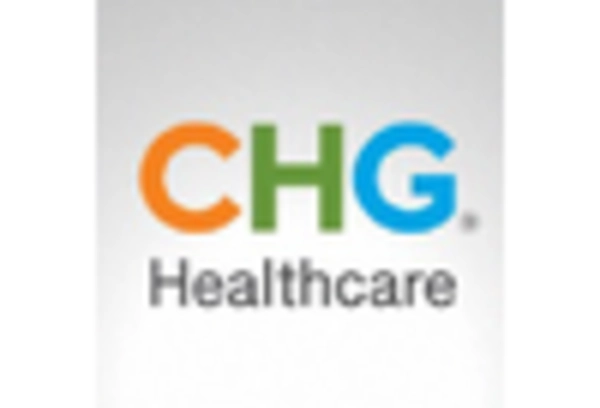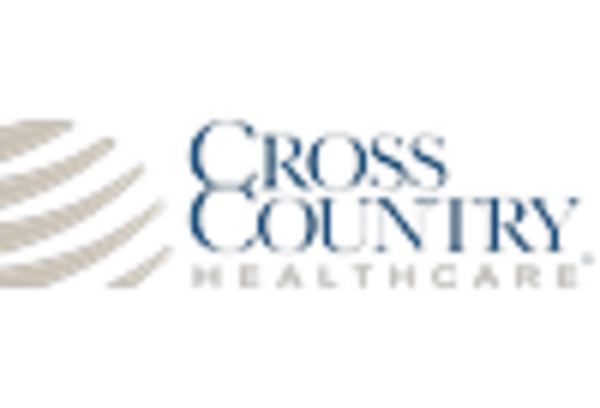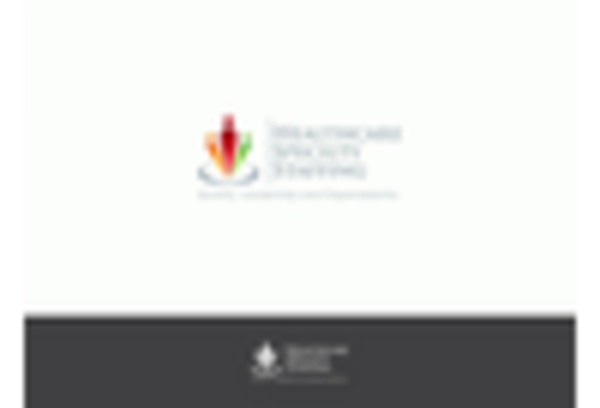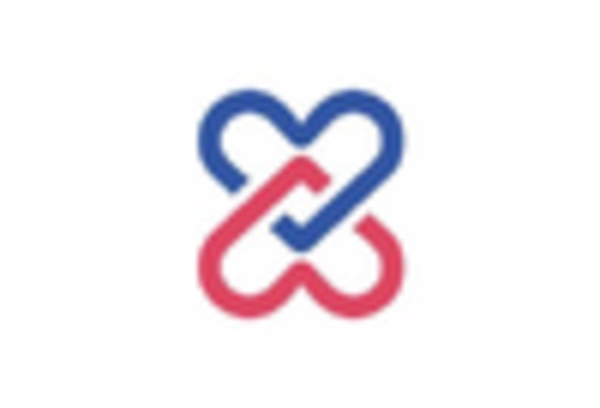Rising Healthcare Expenditure
Rising healthcare expenditure in Italy is a pivotal driver for the healthcare staffing market. As the government and private sectors allocate more funds towards healthcare services, there is a corresponding increase in the demand for healthcare professionals. In 2025, healthcare spending is projected to reach €200 billion, reflecting a 10% increase from previous years. This surge in funding allows healthcare facilities to expand their services and hire additional staff to meet the growing demand. Consequently, the healthcare staffing market is likely to experience a robust growth trajectory as organizations seek to fill various roles, from nurses to administrative staff. This trend underscores the correlation between healthcare investment and staffing needs, indicating that as expenditure rises, so too does the necessity for a well-staffed healthcare system.
Shift Towards Preventive Care
The shift towards preventive care in Italy is influencing the healthcare staffing market significantly. As healthcare providers increasingly focus on preventive measures to enhance patient outcomes and reduce long-term costs, there is a growing need for healthcare professionals who specialize in preventive care. This trend is expected to drive a 12% increase in the demand for healthcare staff trained in preventive health strategies by 2025. Healthcare facilities are recognizing the importance of investing in preventive care, which not only improves patient health but also alleviates the burden on acute care services. Consequently, the healthcare staffing market must adapt to this shift by recruiting and training professionals who can effectively implement preventive care initiatives. This evolving focus on prevention is reshaping the workforce landscape within the healthcare staffing market.
Aging Population and Healthcare Needs
The aging population in Italy is a critical driver for the healthcare staffing market. As the demographic shifts towards an older age group, the demand for healthcare services increases significantly. By 2025, it is projected that individuals aged 65 and older will constitute approximately 23% of the total population. This demographic trend necessitates a larger workforce in healthcare settings, particularly in geriatrics and chronic disease management. Consequently, healthcare facilities are compelled to enhance their staffing levels to meet the growing needs of this population segment. The healthcare staffing market must adapt to these changes by recruiting more professionals, thereby ensuring that adequate care is provided to the elderly. This shift not only impacts the quantity of staff required but also emphasizes the need for specialized training in geriatric care, further influencing the dynamics of the healthcare staffing market.
Technological Advancements in Healthcare
Technological advancements are reshaping the healthcare staffing market in Italy. The integration of electronic health records (EHRs), telemedicine, and artificial intelligence (AI) in healthcare settings is transforming how services are delivered. These technologies streamline operations, improve patient outcomes, and enhance the efficiency of healthcare professionals. As a result, there is a growing demand for staff who are proficient in these technologies. By 2025, it is estimated that the healthcare staffing market will see a 15% increase in the need for tech-savvy healthcare professionals. This trend indicates that healthcare facilities must not only hire more staff but also invest in training existing employees to adapt to new technologies. The ability to leverage technology effectively is becoming a crucial factor in staffing decisions, thereby influencing the overall landscape of the healthcare staffing market.
Regulatory Changes and Compliance Requirements
Regulatory changes in Italy are significantly impacting the healthcare staffing market. The introduction of new healthcare policies and compliance requirements necessitates that healthcare facilities maintain a certain standard of care. This has led to an increased demand for qualified professionals who can navigate these regulations effectively. For instance, the implementation of stricter guidelines for patient care and safety has resulted in a 20% rise in the need for compliance officers and specialized staff. Healthcare organizations are now more focused on ensuring that their workforce is not only adequately staffed but also well-trained in regulatory compliance. This trend highlights the importance of having a knowledgeable workforce that can adapt to evolving regulations, thereby shaping the staffing strategies within the healthcare staffing market.


